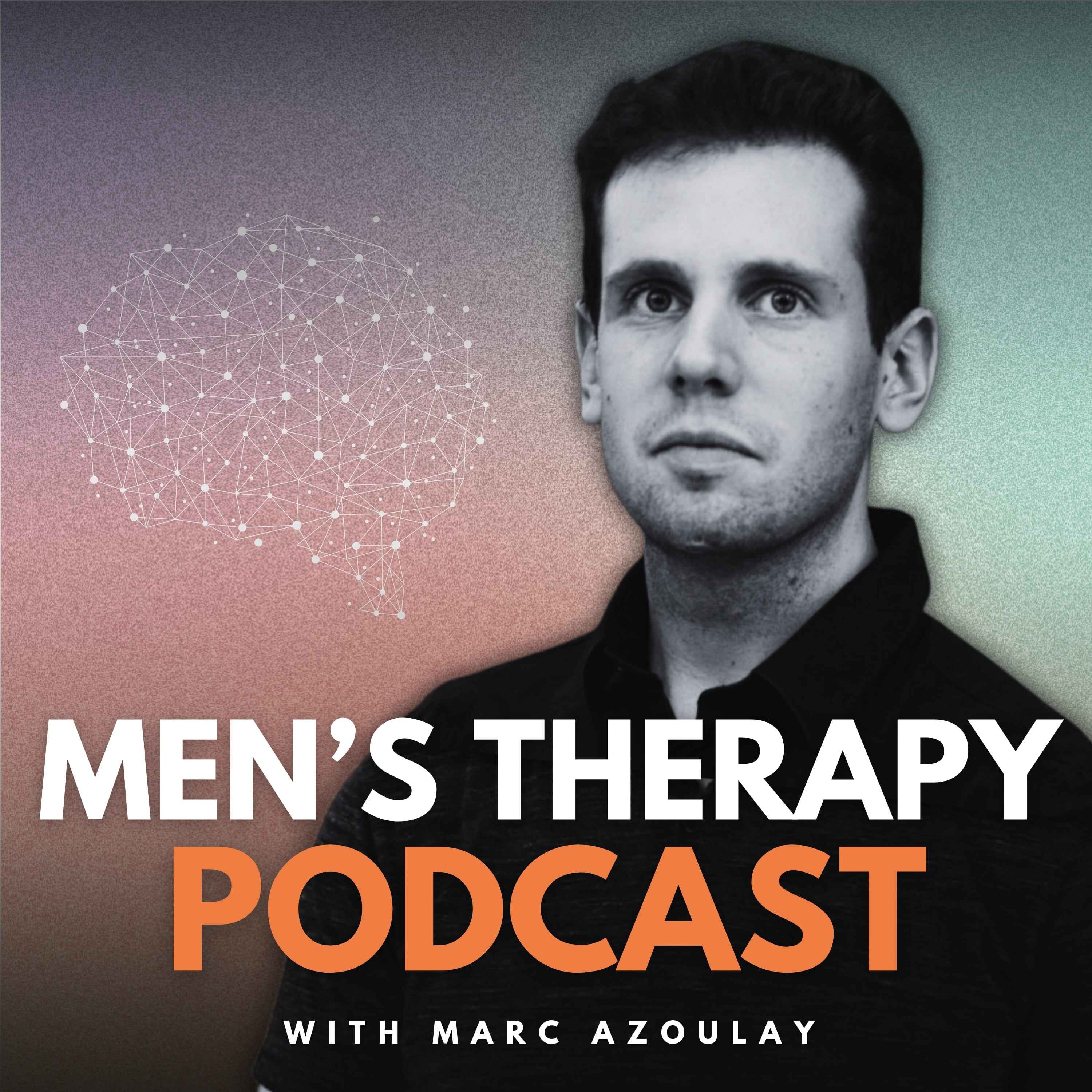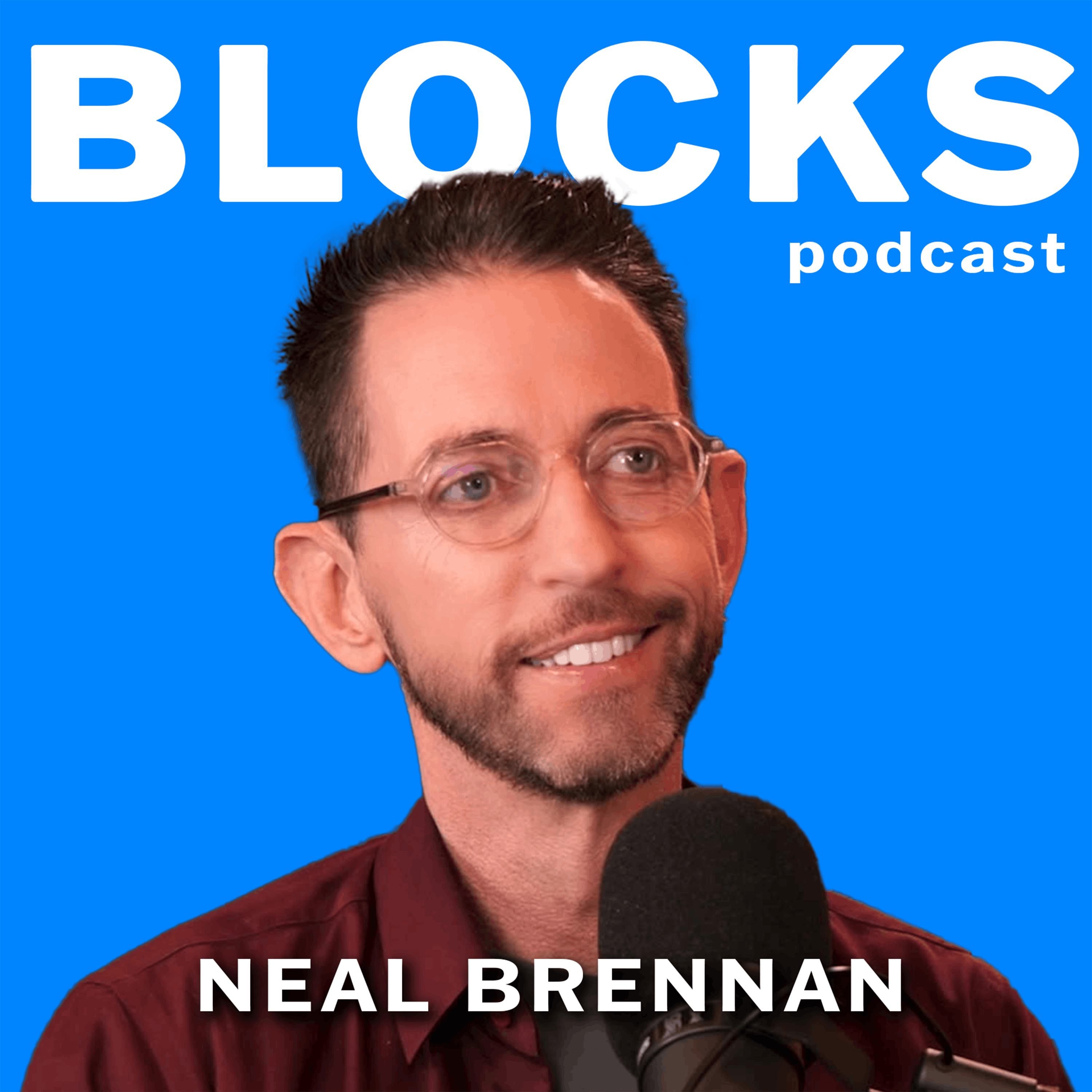
The American Masculinity Podcast
The American Masculinity Podcast is hosted by Timothy Wienecke — licensed psychotherapist, Air Force veteran, and award-winning men's advocate.
Real conversations about masculinity, mental health, trauma, fatherhood, leadership, and growth. Each episode offers expert insight and practical tools to help men show up differently — as partners, fathers, friends, and leaders.
No yelling. No clichés. Just grounded, thoughtful masculinity for a changing world.
https://americanmasculinity.start.page
The American Masculinity Podcast
15 How to Build a Men's Group That Actually Holds You Accountable
What actually makes a men’s group work — and how do you build one that lasts? Tim sits down with Jason Lange for a practical conversation on accountability, shadow work, and building circles that go deep.
Books Mentioned: https://bookshop.org/lists/amp-15-how-to-build-a-men-s-group-that-actually-holds-you-accountable-recommended-reads
Tim Wienecke: https://americanmasculinity.start.page
Jason Lange: https://evolutionary.men/
Full show notes and links: yourwebsite.com/amp15
Episode Chapters
00:00 Cold Open — Why Men’s Groups Matter
02:00 Jason’s Story — How Men’s Groups Changed His Life
07:00 The Science of Male Bonding & Vasopressin
13:00 Shadow Work — Facing What’s Under the Surface
17:00 Why Commitment Makes (or Breaks) a Group
22:00 How to Start Your Own Group with Two Guys
27:00 Clearings — Handling Conflict Before It Breaks You
35:00 Leadership, Boundaries, and When to Step Out
46:00 What Men’s Groups Taught Us About Community
52:00 Final Reflections & The Challenge for Listeners
53:30 Cold Close — Which Man Will You Be?
The American Masculinity Podcast™ is hosted by Timothy Wienecke — licensed psychotherapist, Air Force veteran, and men’s advocate.
Real conversations about masculinity, mental health, growth, and how men can show up better — as partners, leaders, and friends.
We focus on grounded tools, not yelling or clichés. If you have questions or want a tool for something you're wrestling with, leave a comment or send a message — your feedback shapes what we build next.
Note: While this doesn’t replace therapy, it might help you notice something worth exploring.

.png)





